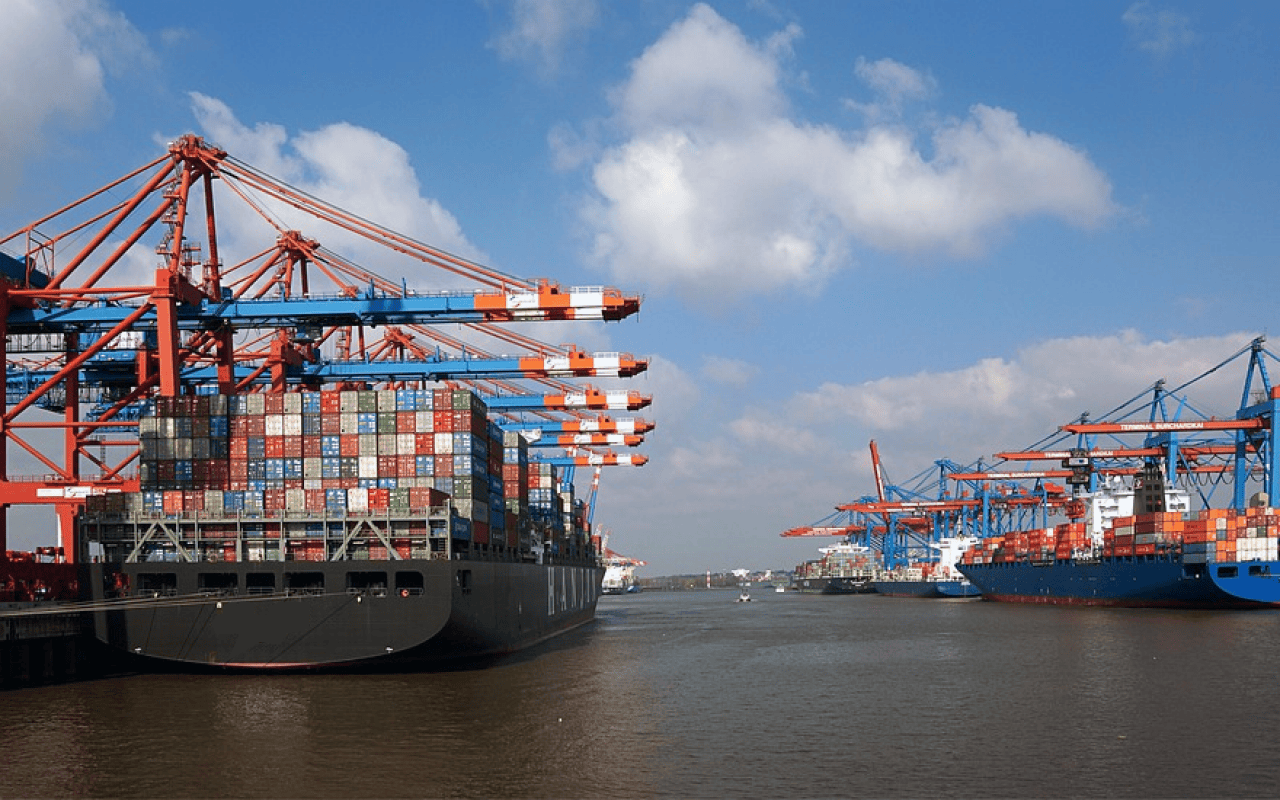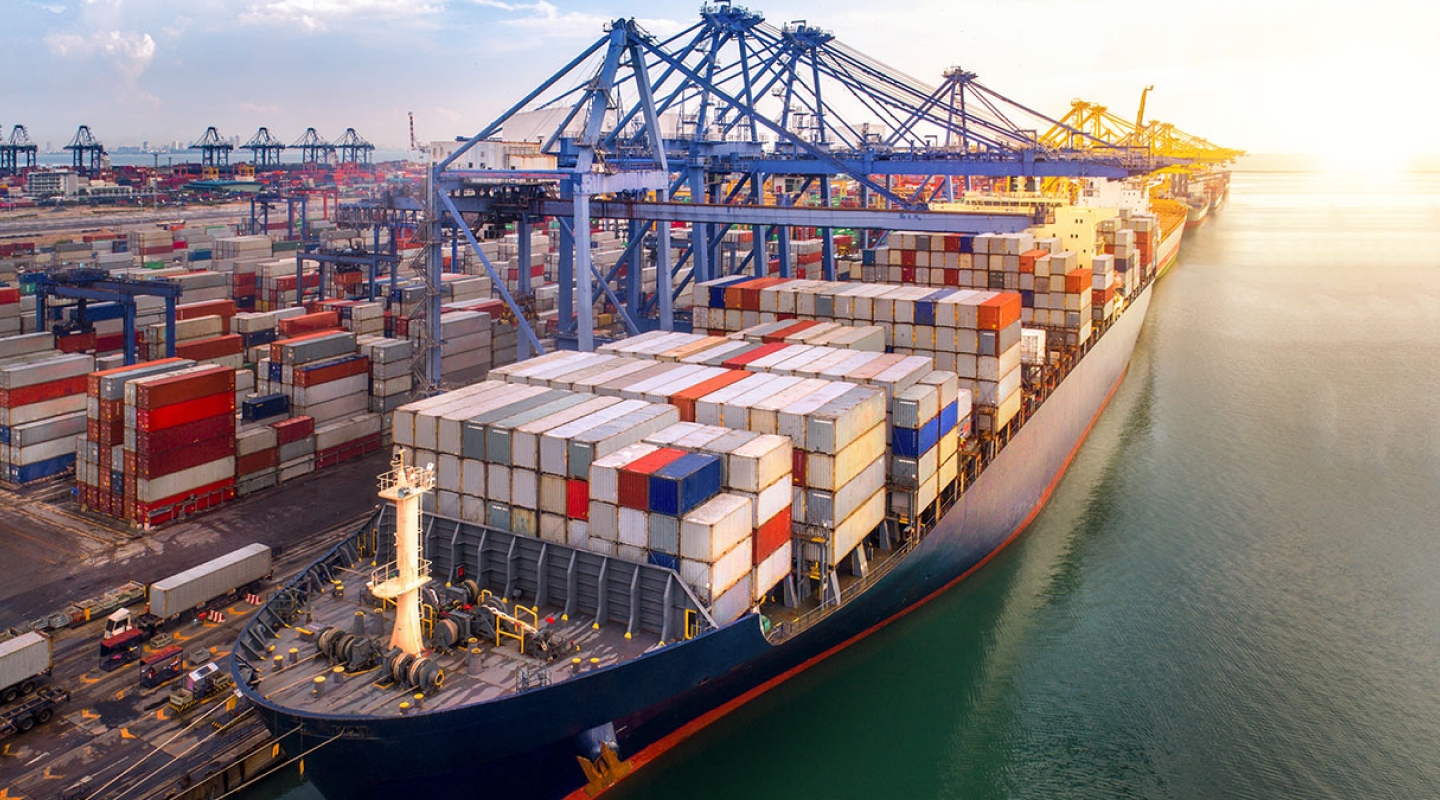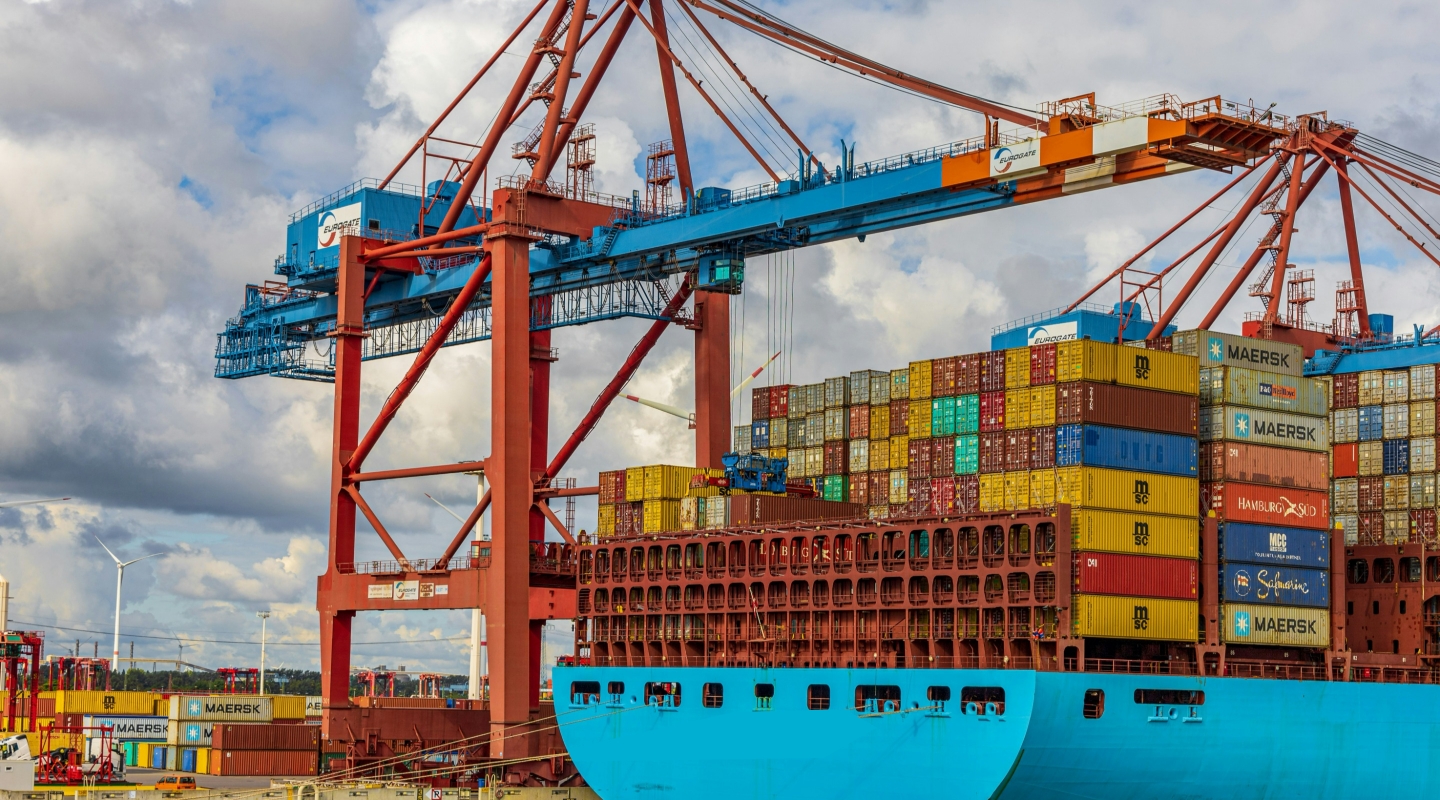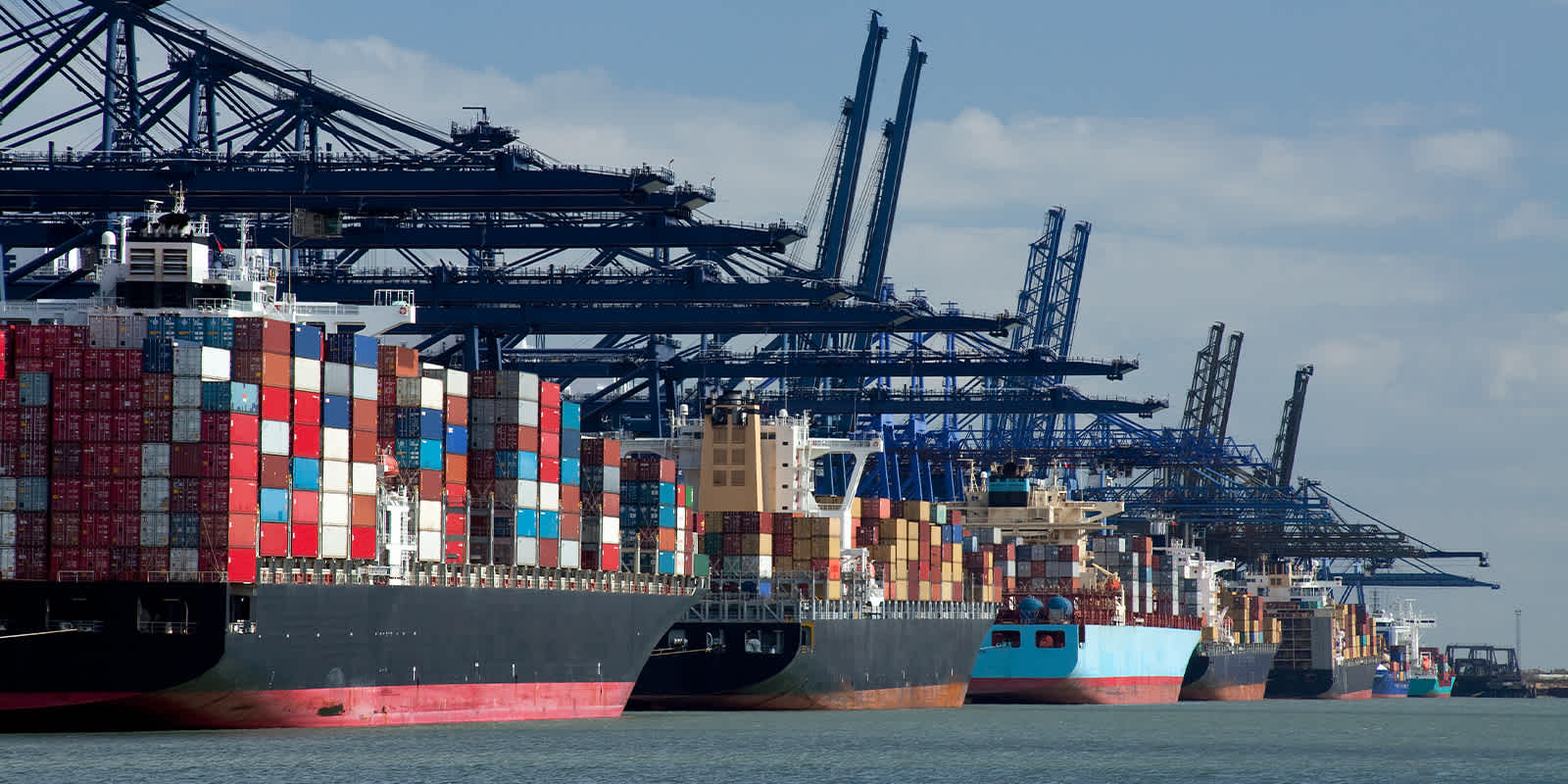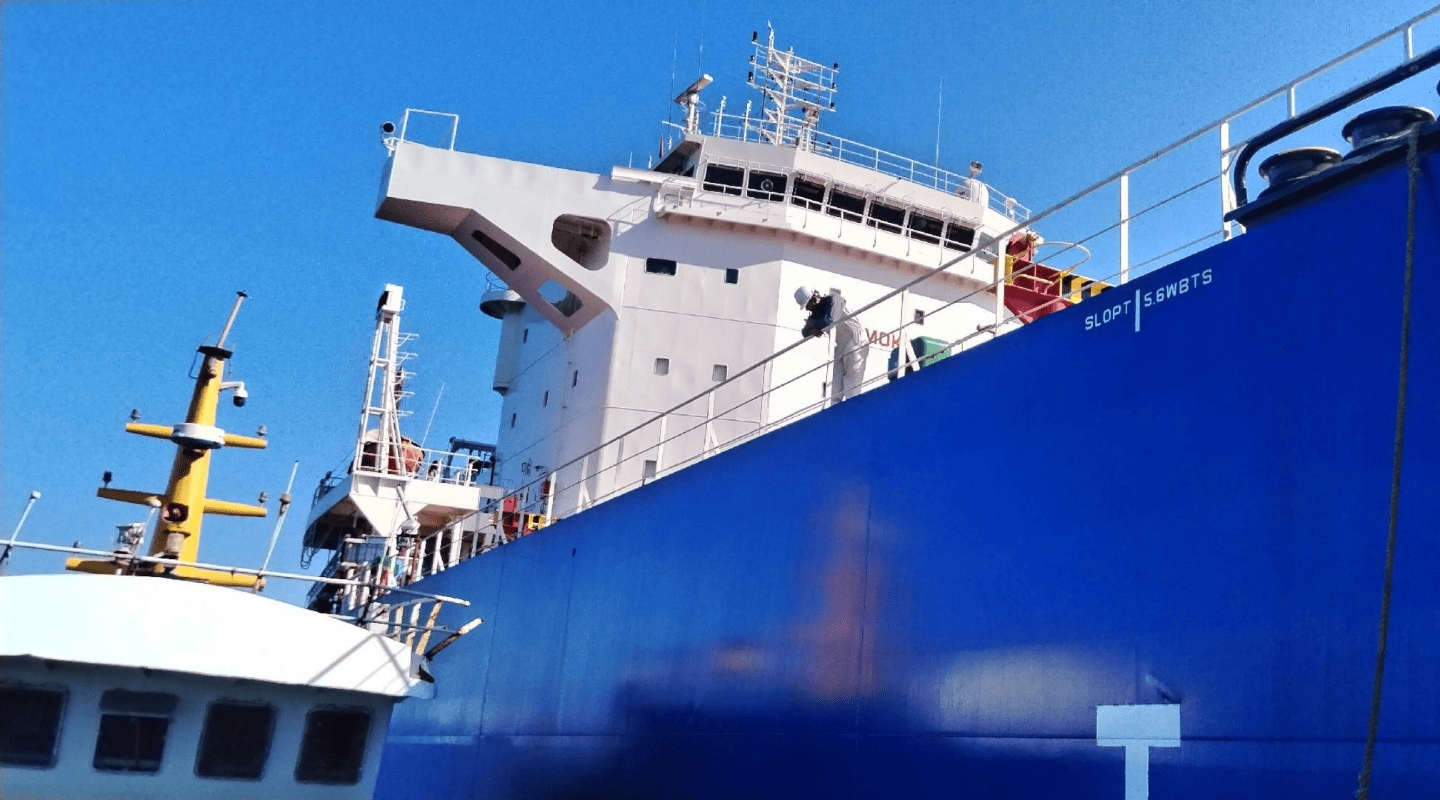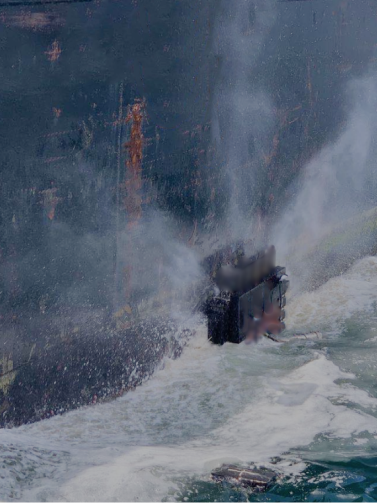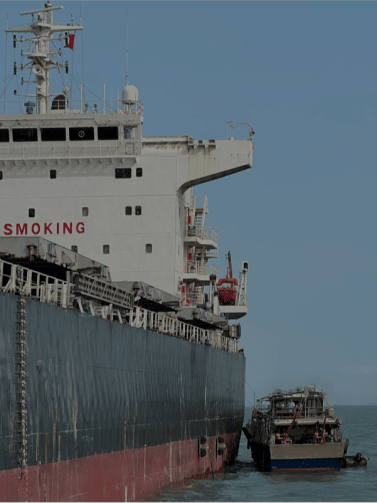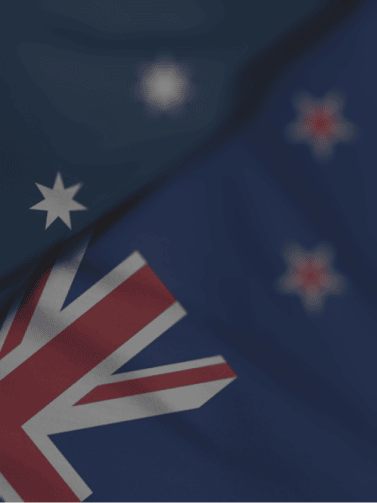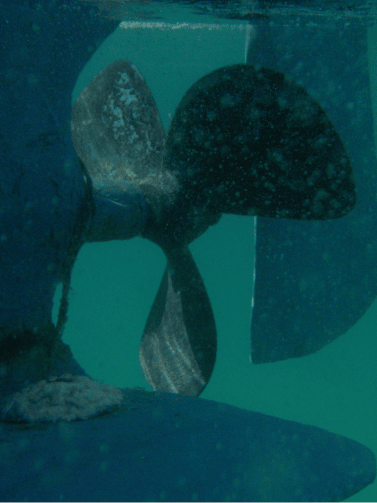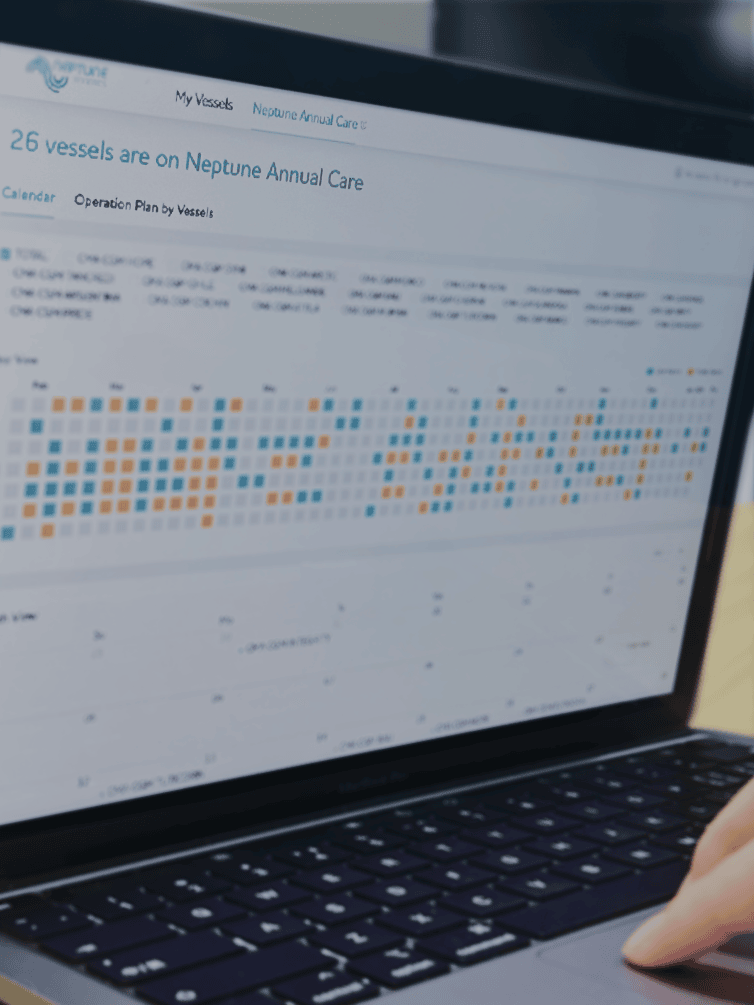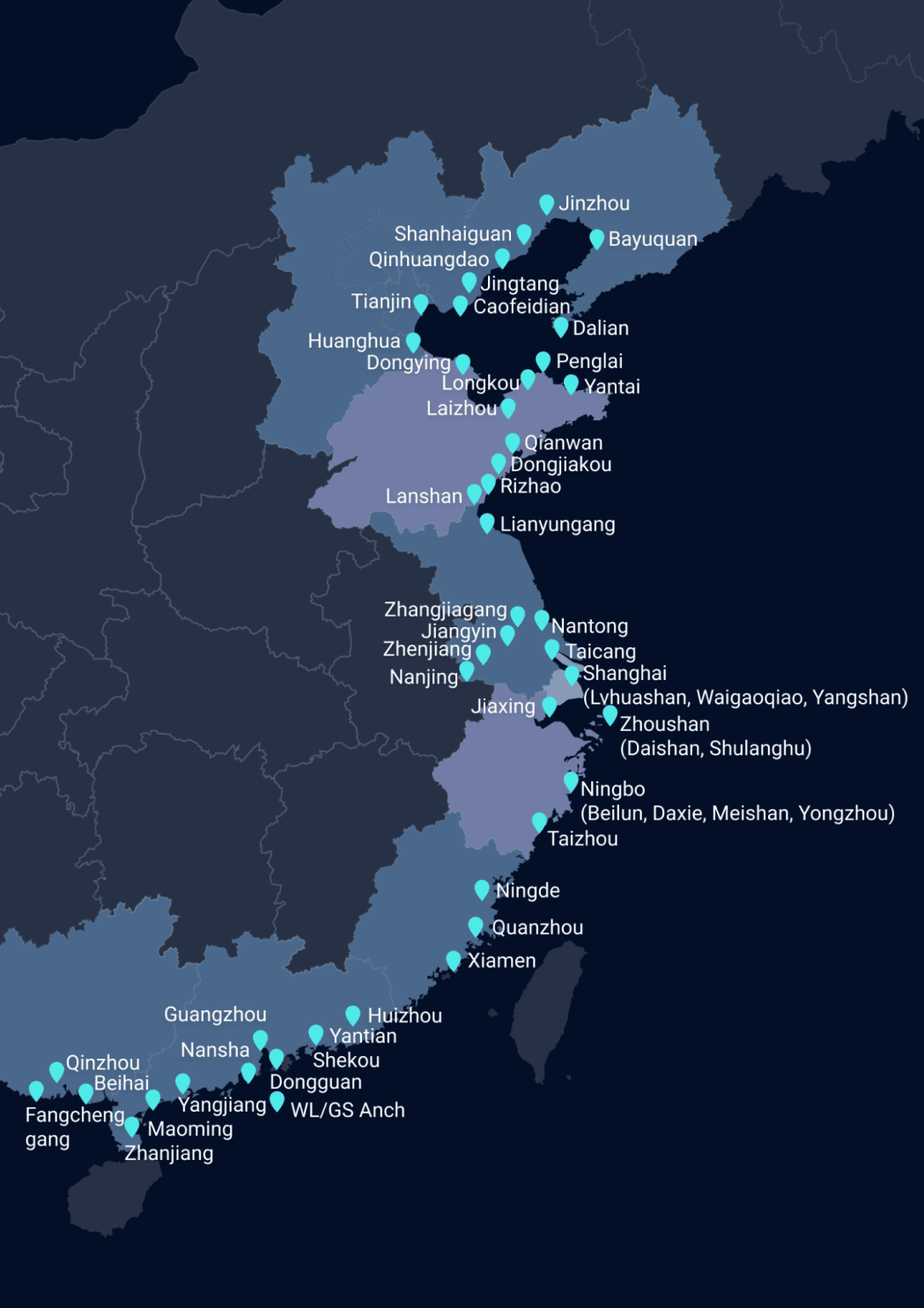Recently, Australia’s DAFF released its latest biofouling management regulations. Starting December 15, they will scrutinize international vessels’ biofouling management procedures, records and plans more meticulously.
Vessels that submit non-compliant information upon arrival will face additional DAFF inquiries, facilitating the assessment of the level of bio-invasion risk. This may lead to mandatory measures such as underwater hull inspections and mooring bans.
Earlier this year, several cruise ships were denied entry to ports in New Zealand and Australia due to inadequate hull cleaning. New Zealand’s MPI mentioned strengthening enforcement in this regard.
Clearly, the issue of hull fouling and potential bio-invasion is becoming increasingly sensitive. This poses new requirements for shipowners, operators, and managers intending to navigate Australian or New Zealand waters, carrying significant risks and potential costs.
01-Hull Biofouling:
A Growing Threat to Maritime Shipping
While New Zealand and Australia mandate clean vessel hulls to prevent foreign organism from disrupting local ecosystems, hull fouling also increases hull friction resistance, compelling vessels to consume more fuel to maintain speed and efficiency. Thus, the drawbacks of a dirty hull extend to the operational efficiency and carbon emissions of vessels.
The GloFouling report from the International Maritime Organization (IMO) indicates that ships with clean hulls free from biofouling can reduce carbon dioxide emissions by one-fifth and cut fuel costs by 19%. The report estimates that implementing proactive hull and propeller cleaning could save vessels up to $6.5 million in fuel costs over five years.
Additionally, factors such as warming seawater, expanding tropical zones, over a million TEUs of global idle capacity, congested Panama Canal passages, and reduced ship speeds due to carbon reduction goals contribute to increased hull biofouling. The shipping industry is now facing high risks of violating environmental regulations and incurring operational cost losses.
02-Possible Arrival of Stricter Global Regulations
However, the outcome could also be a “win-win.”
Implementing new standards will also drive hull cleaning, benefiting shipowners and operators by saving costs and aiding the planet.
——Bernoulli Foundation, an environmental non-governmental organization
Currently, the IMO has developed guidelines on biofouling management (guidelines often precede mandatory IMO conventions), and more stringent regulations on hull cleaning are expected to take effect globally.
Shipping companies also face pressure in carbon reduction from new regulations by IMO and the EU, including the increasingly stringent CII factor annually and EU ETS, which will be implemented soon. Both of the, will directly impacting vessel buying, renting, and operations.
Based on the current carbon quota price of 100 euros/ton, emissions costs for inland routes in the EU range from approximately €9,000 to €23,000 per day per ship, depending on the vessel type. For international routes, costs vary from €50,000 to €250,000 per day, depending on the distance and duration.
Maintaining a clean hull is evidently more cost-effective. After all, the additional fuel expenditure for vessels affected by biofouling far exceeds the cost of cleaning the hull.
For forward-thinking shipping companies of the new generation, keeping the hull as clean as possible will be an important vessel management measure. It not only brings clear commercial benefits simply and effectively but also paves the way for a cleaner and more environmentally friendly corporate transformation.
03-Robotic Underwater Hull Cleaning:
The Best Solution for Biofouling Management
The rapid development of technological innovation is having an increasing impact on the shipping industry. Underwater robotic hull cleaning has become one of the necessary technologies for shipping companies to ensure profitability and a sustainable future.
Neptune’s robotic hull inspection and cleaning operations bypass restrictions posed by water conditions, weather, and time limitations. Without requiring dry dock facilities, underwater cleaning occurs simultaneously while the vessel anchors or docks, covering operation points in North China, East China, and South China regions.
Neptune is well-versed in adhering to the stringent biofouling management regulations in Australia and New Zealand. We provide year-round cleaning and inspection plans that comply with strict biosecurity standards in both countries. This assists shipowners/managers in submitting documentation files such as BFMP, BFRB, and Cleaning Reports before arrival, ensuring that vessels meet New Zealand’s and Australia’s standards throughout the year.
To date, hundreds of vessels have undergone the “Neptune Annual Assurance Program (ANZAC Specialized),” performing hull cleaning to achieve the biosecurity levels of both countries before departure. This proactive management of attached biofouling provides written evidence, avoiding rejections due to non-compliance and disruptions to normal operations.
